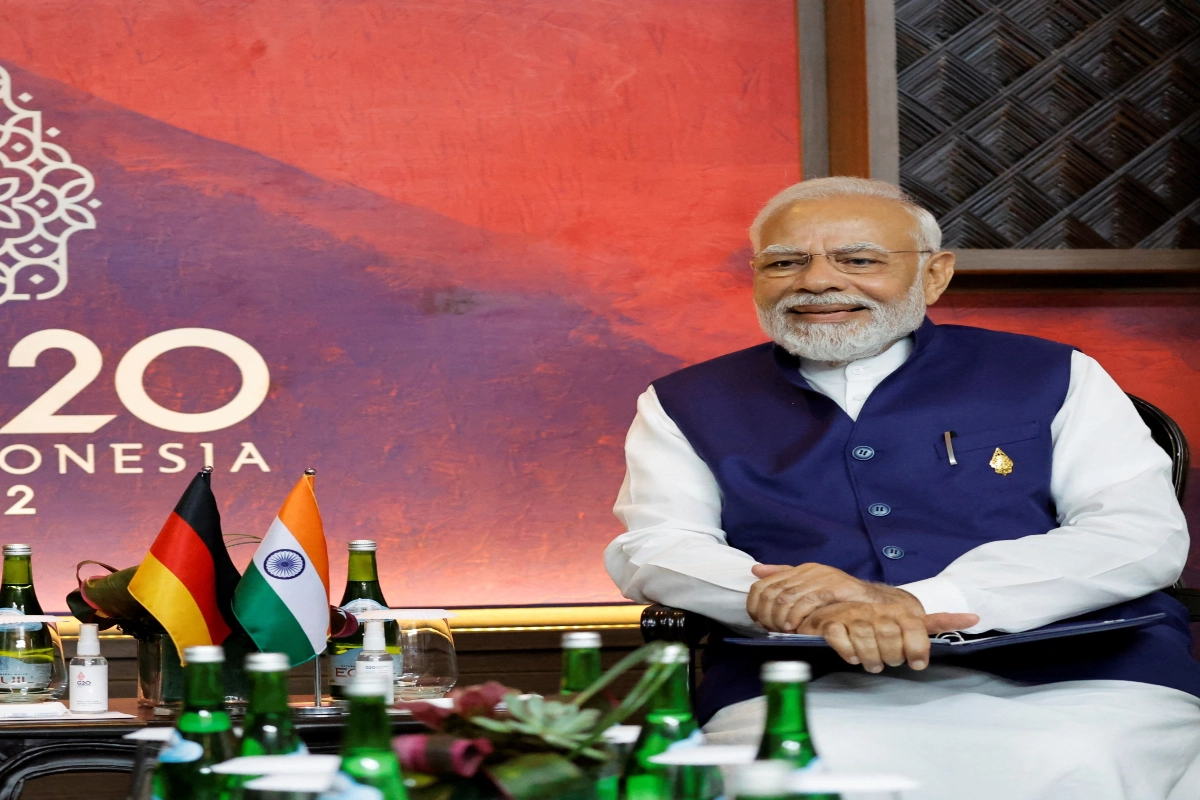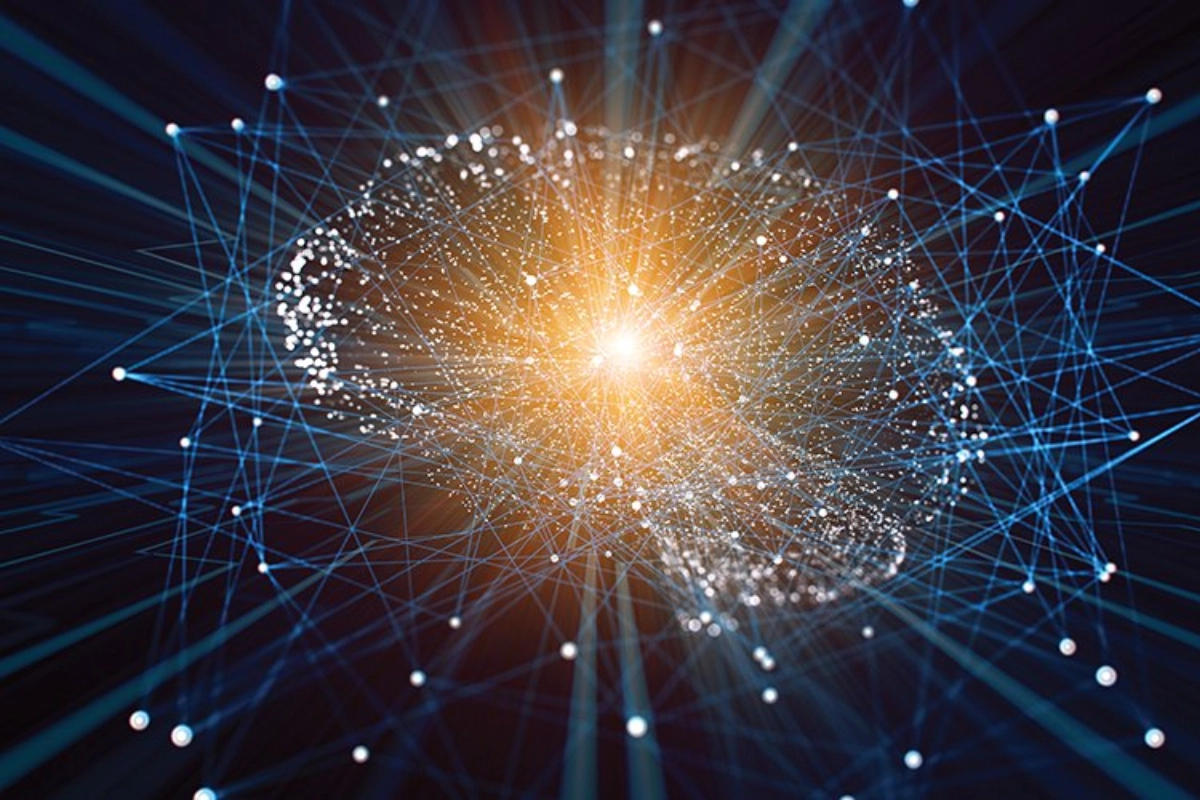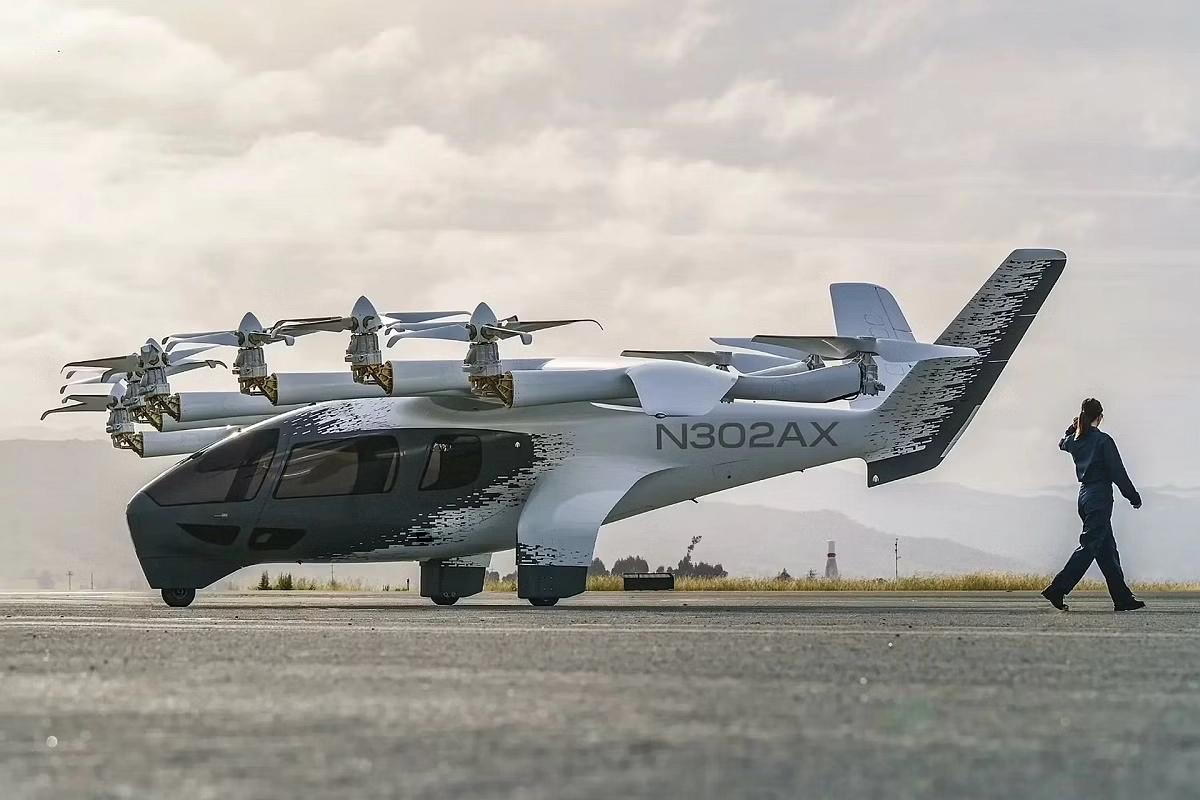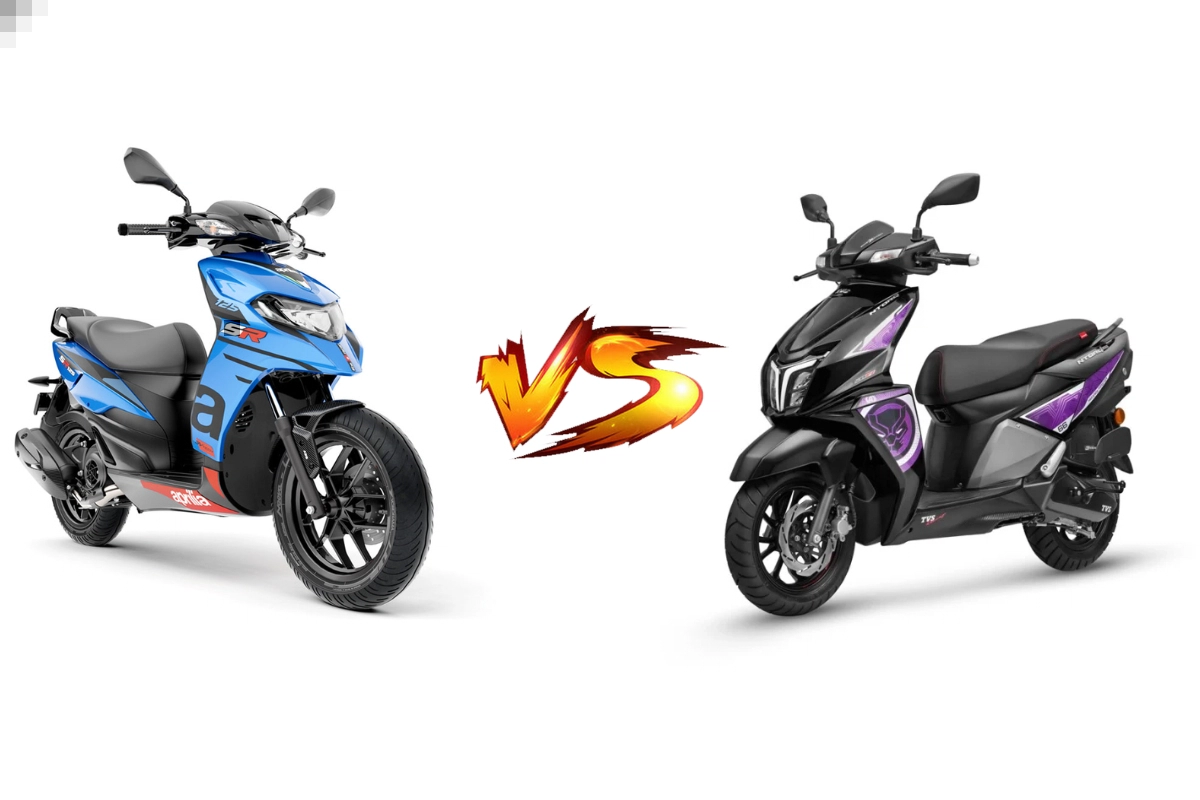India’s G-20 Presidency has come at a time when multi-polar global politics is passing through very rough terrain. At this outset when the world is witnessing one of the harshest predicaments like the Russia-Ukraine war, China’s internal and external aggression-Taiwan crisis, global food and energy shortages, escalated tensions on Pakistan – Afghanistan border, political turmoil in Brazil, the burgeoning migrant crisis in Europe, the threat to democracy in the US, Iran under blaze and multiple other critical global issues, the G-20 Presidency poses a real challenge to India. India’s diplomacy is going to be tested for the country’s global ambitions as well as an assertion of its role and values in a time of US-led West-Russia-China rivalry.
As India has taken over the G-20 Presidency, the international political discourse and global agenda are going to see many new narratives, universal growth and development substituting supremacist politics and policies and of course with less-Western assertions.
The right moment for India to lead the world at G-20
India’s steady rise on the world stage is at the right moment that many world powers, middle powers, and smaller nations expected and desired to happen, in the hope of a more balanced world order. Financially, India promises them a vast, open and demanding market; offers more non-restrictive trade relations and investments to smaller nations; carries limited unilateral military and strategic ambitions, and gets along with both Western and non-Western blocs.
Could India survive after Colonial rule?
India presents a unique case as a post-colonial political entity that the colonial powers never expected to survive as a united, democratic, mostly liberal nation-state, thanks to its deeply diverse, noisy, competitive and argumentative domestic political landscape. Many in the colonial club of the British Empire were always sceptical about India’s survival once the colonial rule was lifted. India with complex ethnic, religious, linguistic and class diversity always posed a challenge to its continued existence as a united nation-state.
The UN needs India more for giving new dimensions to global-polity
But, India has surprised all its detractors who predicted an ominous collapse by emerging as one of the fastest growing economies, second most populous, successful in uplifting millions from abject poverty, and the world’s biggest hub for information technology-trained workforce that now aspires to be an unavoidable economic power, source of security and stability, and permanent member of the United Nations Security Council. And of course, the UN needs India as its Permanent Member to provide a new dimension to the global polity with peace and universal prosperity taking centre stage instead of continued hegemony of few.
G-20 diplomacy will test its global role
India’s G-20 diplomacy is going to test India’s global ambitions as well as affirmation of its role and values in the time of the US-led West-Russia-China rivalry. The much-awaited reforms in the U.N., international cooperation on cyber security, non-traditional issues, developing nations’ growing dependence on Chinese debt, terrorism, social harmony, North-South Connectivity, maritime security and connectivity, climate change, regional cooperation, and other pertinent issues should be India’s primary agenda and since many world leaders have expressed significant optimism in PM Narendra Modi’s dynamic leadership, the G-20 summit in India is ought to mark historic success that no other previous G-20 summits have ever tasted.
The stage is all set with gruelling challenges plus an enormous opportunity for India by bringing visible changes and reforms. In recent years India has become far more vocal and assertive in global issues, which continued to remain West-centric.
India’s bashing of Europe’s hegemony
Indian Foreign Minister Jai Shankar has recently made a scathing criticism of Europe-centrism asking Europe “to grow out of the mindset that its problems are the world’s problems, but the world’s problems aren’t Europe’s problems.” The remark came in the context of growing Western pressure on India to take a more West-inclined position on the Russia-Ukraine conflict. While India reiterated its support for the territorial integrity of Ukraine, it insisted that both Russia and the West need to engage in meaningful dialogue to resolve the crisis. It was undoubtedly a powerful message to the world about India’s emerging strength and instead of being a hanger-on, it is now a potent force to lead the world with its might and clout.
‘This is not an era of war’ – Narendra Modi
In another statement, Indian Prime Minister Narendra Modi candidly advised Russian President Vladimir Putin that this was ‘’not the era of war. While these statements do not necessarily convince or satisfy Western expectations, yet, India’s independent stand to stay away from the US band-wagon has emboldened several other nations of Asia and Africa to stay neutral or non-aligned, as much so that even Pakistani politicians publicly said why their country could not have an independent foreign policy like India’s.
Carving alternate financial institutions
Meanwhile, India’s leadership in G-20 is going to be tested on many other issues. Indian diplomats have proven to be tough negotiators, as they have kept forward their and developing countries’ issues in the climate change summit and the World Trade Organization (WTO) dialogues. One of the main successes of Indian diplomacy in the past few years has been in carving alternate financial institutions led by Asian, African and Latin American economies. The new financial institution, the BRICS bank although with their limited financial capability, has offered development loans on much better terms and conditions that helped growth in developing and poor countries.
India’s multilateralism is the key strength of its rise and global acceptance
In recent times India has demonstrated success in helping multilateralism at all international forums. India knows very well that its rise and acceptance as a global power does not anymore depend on Western powers’ recognition, but on its own economic performance and development-centric relations with countries of Africa, Asia and Latin America.
If India is going to use its immense diplomatic clout to get a better understanding of developing nations on issues related to food and energy security, climate change, biodiversity, post-COVID-19 healthcare rebuilding, transition to sustainable and green energy, and of course security and stability, the world order may be saved from another return of bipolar hegemony.
After all, India’s leadership is never hegemonistic and offers bonafide opportunities to all that are ignored by China and Russia. As India has maintained smooth relations with Russia and China in order to support multilateralism and pluralism in the world system, it is Russia and China which have benefited more from India’s sustained non-aligned foreign policy. The Russian aggression against Ukraine has put India in a precarious situation vis-à-vis Western and smaller nations. Despite having one of the most confident relations, Russia failed to win India’s overall support in its Ukraine operation. At the same time, India did not toe the US-led western lines.
India-China relations
Simultaneously, China’s aggressive and dubious approach to India-China relations is one of the sources of growing mistrust. India needs to demonstrate that it represents different values and philosophies, and a different vision for global peace and harmony, which makes it a model different from Russia and China. India’s trade relations with African and Asian nations can be seen treading a different path. India has expanded its line of credit to several countries all over the world easing its dependency on the Western financial system.
Also Read: Taliban wants better ties with India – persuades to allow a permanent envoy in Delhi
India’s agenda – Multilateral development and economic cooperation
At the same time, Indian diplomats are going all out to put development and economic cooperation at the top of their agenda. India’s new economic push could be a golden opportunity to revive North-South cooperation and connectivity as China’s Belt and Road Initiative is said to be in trouble. While India sought multilateralism with active cooperation in the BRICS and Shanghai Cooperation Organisation (SCO), however, both China and Russia have recently demonstrated aggressive unilateralism in multiple regional and international disputes.
India will lead the world with its multilateral policies for global peace, tranquility and equal opportunities for all.
India’s G-20 Presidency is going to be an exceptional opportunity to reflect on India’s willingness and preparedness for an advanced role in global politics. With the emerging economic power, dynamic technology-driven growth in major sectors – pharma, chip industry, IT, digital supremacy and attaining a formidable status as a global manufacturing hub and with strong geo-political clout the country is poised to emerge as a formidable force for bringing desired global reforms.
As India’s global presence and acceptability have increased many-fold in recent times the country should demonstrate its leadership acumen while abandoning the bi-polar, multi-polar political adage that suits the vested interests of few. India will lead the world with its multilateral policies for global peace, tranquility and equal opportunities for all.
Also Read: Pariksha Pe Charcha 2023: Hold your knots tight to meet PM Modi on Jan 27
Keep watching our YouTube Channel ‘DNP INDIA’. Also, please subscribe and follow us on FACEBOOK, INSTAGRAM, and TWITTER












